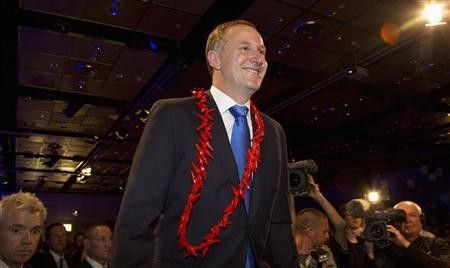New Zealand Role in ISIS Fight Under Speculation Ahead of UN Security Council Vote

New Zealand's role in the fight against the Islamic State of Iraq and Syria continues to be under speculation as the country prepares to learn whether or not it was successful in its bid for a seat in the UN Security Council.
New Zealand is vying for one of two seats in the council against Spain and Turkey. TVNZ reports that a vote will be held on Oct. 17. According to Al Gillespie, international law expert and professor at the University of Waikato, both Spain and Turkey were strong contenders for the vacant seats in the UN council. He believes New Zealand has a 50/50 chance of winning a seat. Gillespie said it will be a tight race between the three countries.
In an interview, Gille said New Zealand's attendance in the meeting of military leaders in the United States with President Barack Obama signals the government's serious position. It may appear that New Zealand is leaning towards the decision to fight ISIS militants.
However, Gillespie said it was not a "foregone conclusion" but he believes it would depend on how big the battle will become. If New Zealand decides to get involved and join the coalition forces fighting ISIS, Gillespie said it will either be sending humanitarian aid or a small contingent of troops to provide military training.
New Zealand Prime Minister John Key has previously said it would be "odd" for the country not to play any role in the effort to stop ISIS in the Middle East but he indicated that he was still reluctant to take a military course of action, reports said. Mr Key said that in the event New Zealand would provide military support, it will be most likely providing logistical support like airlift capabilities.
Mr Key admitted there were risks in the country getting involved in the fight. He mentioned ISIS retaliation against the country's aid workers, tourists and embassies in Muslim countries in the Middle East and Asia. The prime minister remarked that it would be strange for New Zealand not to participate since most of its allied countries are involved to some extent.





















